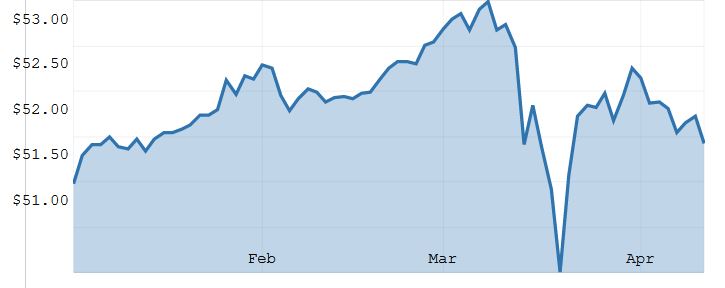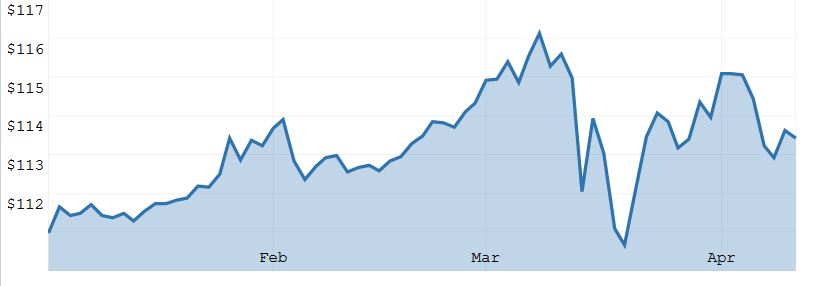Bonds, especially government bonds, are often touted as a 'safer' alternative to ASX shares for conservative investors.
A bond is essentially a loan and is often also called a 'fixed-interest' investment.
The certainty of income and the unlikelihood of the issuer to default make these investments very attractive for those share market participants who are averse to the volatility that shares are infamously bound by, even if they are giving up some potential gains in exchange.
In fact, one of the standard portfolio configurations often offered to US investors is called the '60/40 portfolio' – made up of 60% in stocks and 40% in bonds. Any American investor would be familiar with this design.
But seeing as we've just had one of the most brutal and sharp stock market crashes in history, I thought it might be a good idea to actually examine how bonds as an asset class have held up.
The answer might surprise you!
Are bonds a good investment during a market crash?
Conventional wisdom dictates yes. During market crashes, investors often flock to 'safer' assets like bonds or gold, knowing that markets value certainty in uncertain times.
But this crash has proved different.
Let's take an exchange-traded bond fund like the Vanguard Australian Fixed Interest Index ETF (ASX: VAF). This ETF holds issued bonds from the Australian federal government, some state governments as well as a few other governing entities and Central Banks from around the world.
VAF units (like ASX shares) peaked in value in mid-February for around $54.50. Today, they stand at $51.92 but fell as low as $48.80 in mid-March. Sure, these falls weren't as brutal as those experienced by the S&P/ASX 200 Index (ASX: XJO), but it's not what I would call a great 'hedging' asset to own. See for yourself below!

Let's take a look at a pure government bond fund like the iShares Treasury ETF (ASX: IGB). This ETF's units have held up better and are actually up for the year – by a whopping 1.79%. But again, units in this fund fell in mid-March as the stock market cratered. Take a look:

Foolish takeaway
From this evidence, I conclude that holding bonds during market crashes can save your portfolio some losses and volatility. But for this (and ever-decreasing coupon yields), you are exchanging the long-term potential gains that ASX shares offer.
For an extremely capital conscious investor, bonds might form part of a successful investment strategy. But for myself, I think shares are a better asset class for long-term wealth creation.







